-
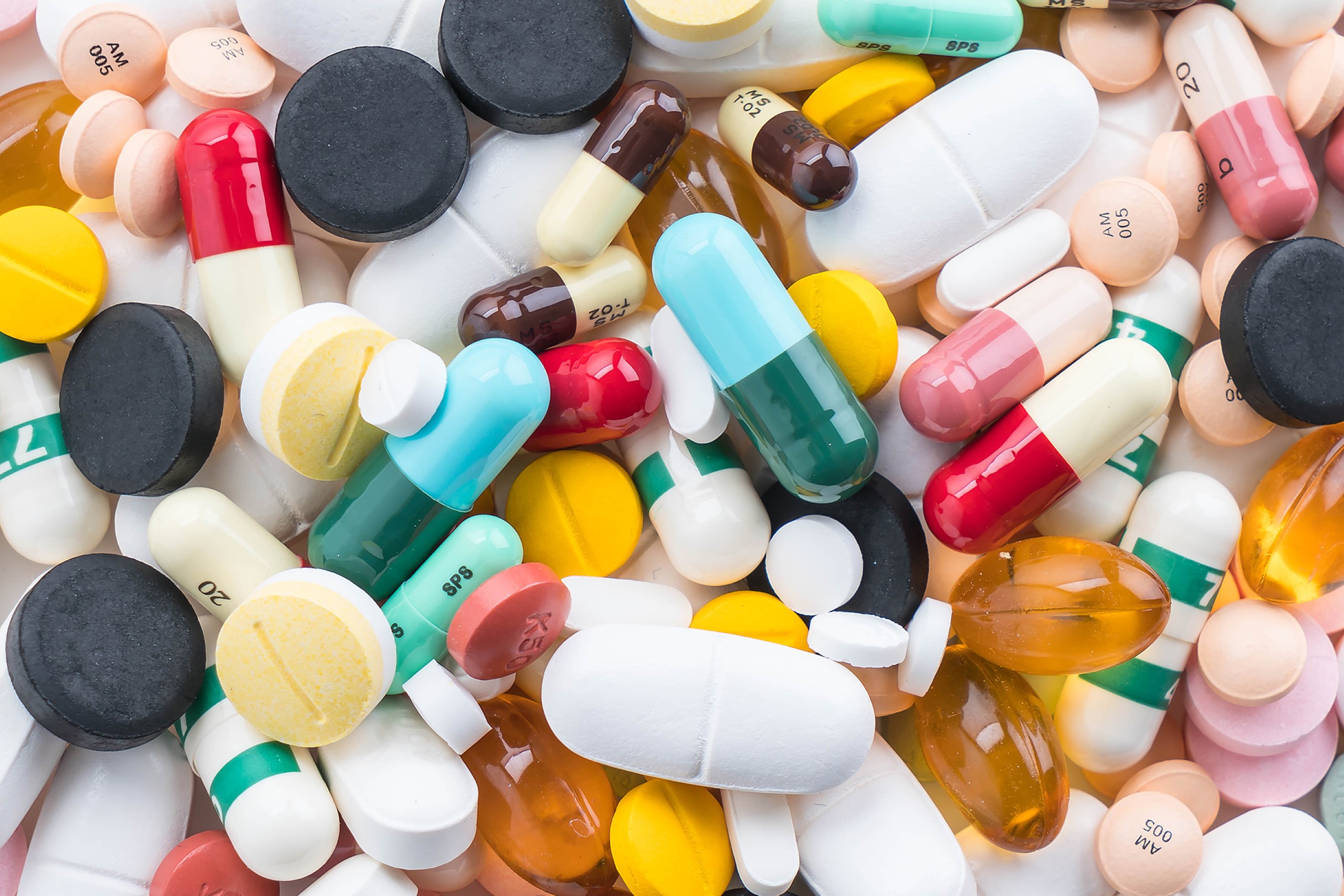
Pharmacology Course
This pharmacology course contains video-based lessons covering basic definitions, pharmacodynamics, cholinergic drugs, antidepressants, antiarrhythmic drugs, diuretics, hypertension, antihypertensives, and other related topics.
-
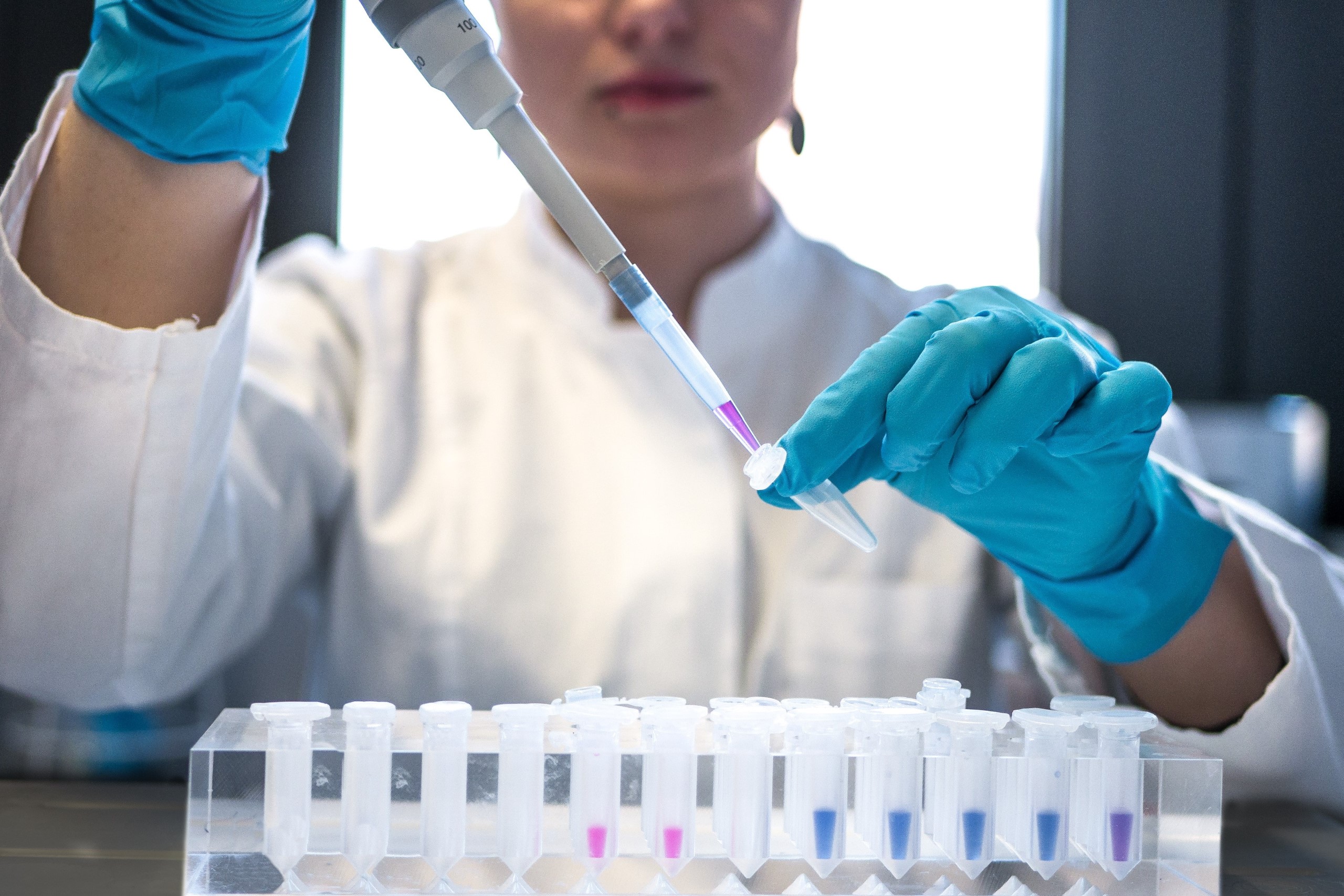
Pathology for Natural Medicine Online Course
This online Pathology for Natural Medicine diploma course is designed to help people who practice Holistic Medicine to better understand the orthodox medical system’s core principles. This course is not a general pathology course found in the curriculum of a medical school; rather, it is tailored specifically for practitioners of holistic medicine.
-
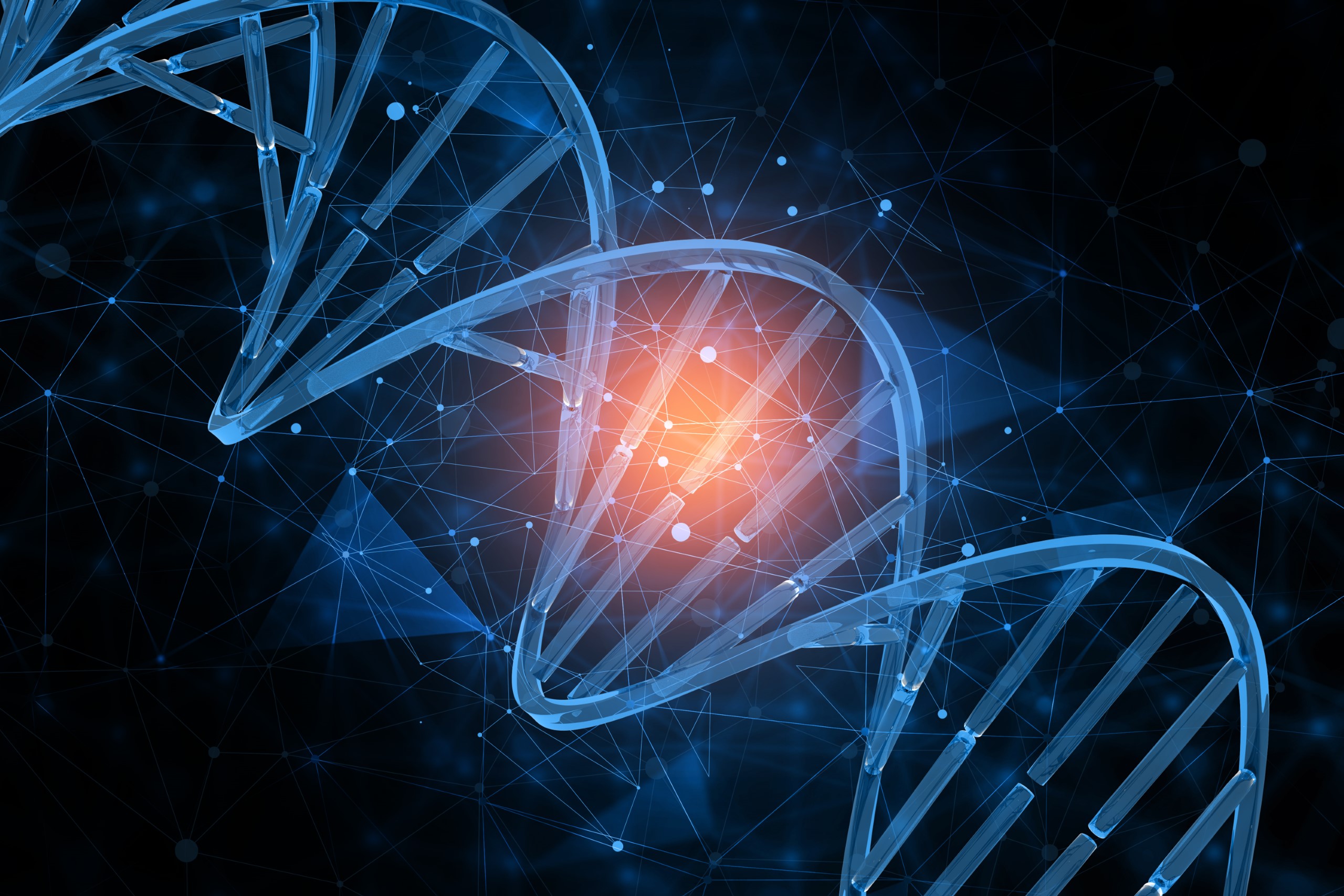
Introduction to Medical Diagnostic Lab Course
This course covers a variety of topics in laboratory science: Identifying different morphologies in blood, distinguishing numerous parasites and microorganisms, and culturing urine samples. These topics are important for understanding health and disease.
-
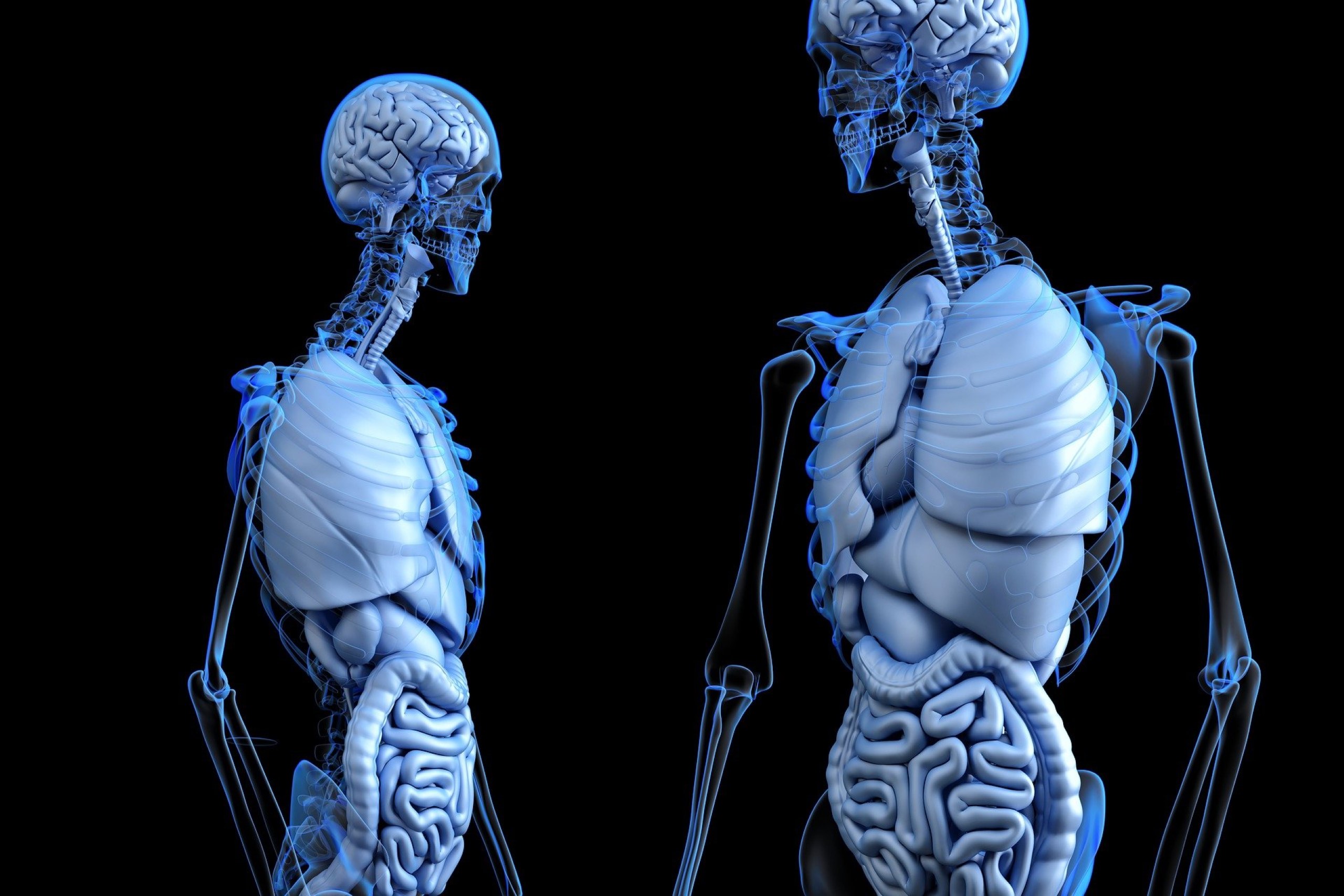
Clinical Skills and Differential Diagnosis Course
The Clinical Skills and Differential Diagnosis course is designed to help students learn how to examine different parts of the body to determine the presence of potential medical problems.
-
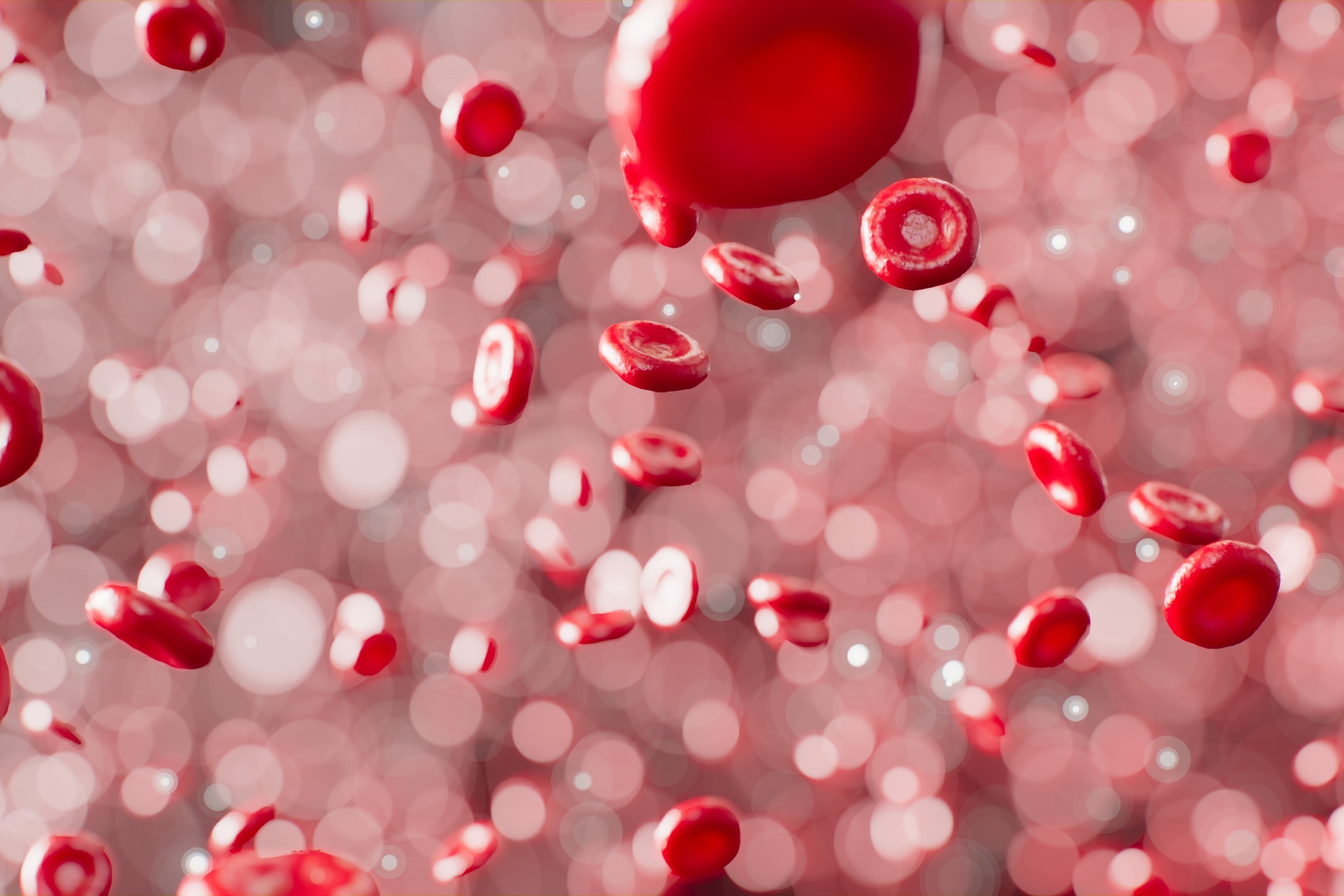
Cell and Molecular Biology Course
Cell biology (Cytology) is the study of the structure and function of cells. Furthermore, it discusses how cells work and how their properties—such as metabolism, composition, cycle, and signaling—are related to their surroundings.
-
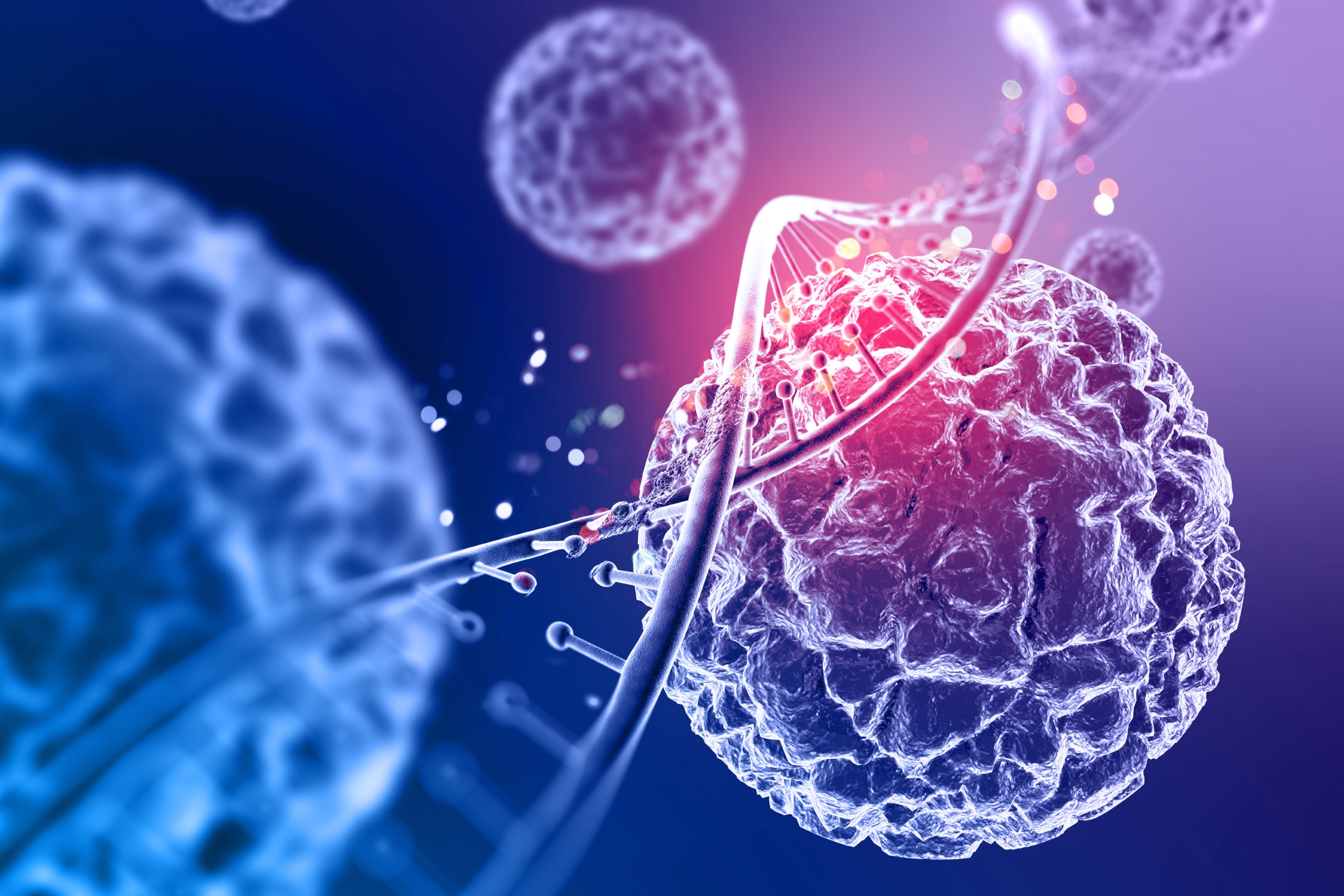
Biochemistry and Lab Course
Biochemistry is the study of the structures, functions, and interactions of biological macromolecules—such as proteins, nucleic acids, carbohydrates and lipids. Furthermore, the interactions between ions and smaller molecules affect the chemistry of the cell.
